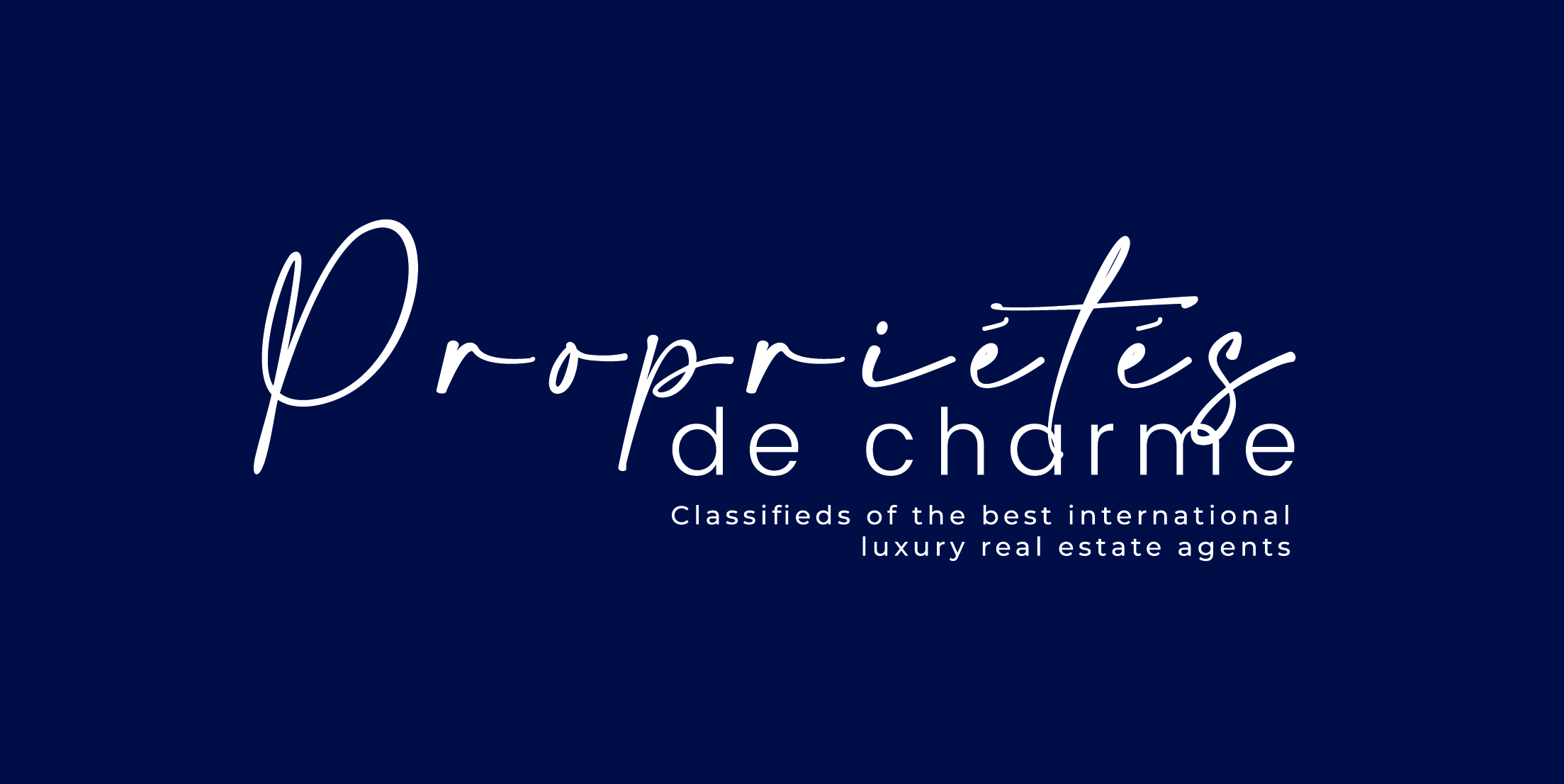Luxury real estate: the best financial investment?
Luxury real estate is often perceived as a prestigious investment, but is it truly the best financial investment? Many investors flock to this sector, attracted by the promise of attractive returns, substantial capital gains, and an enviable lifestyle. This article explores the various aspects of luxury real estate, the advantages and disadvantages of such an investment, as well as market trends that may influence your decision.
What is luxury real estate?
Luxury real estate refers to high-end properties distinguished by their location, architecture, features, and amenities. This can include villas, castles, prestigious apartments, penthouses, and more. These properties are often situated in desirable neighborhoods, offering easy access to services, gourmet restaurants, luxury boutiques, and other attractions.
The advantages of investing in luxury real estate
1. Capital appreciation
One of the main advantages of luxury real estate is its appreciation potential. In many cases, luxury properties increase in value over time, especially in high-demand areas. For example, cities like Paris, Nice, and Cannes are seeing their property prices rise, attracting both domestic and international investors.
2. High rental yields
Investing in luxury real estate can generate substantial rental income. Prestigious properties, especially those located in tourist areas or business centers, can be rented at high prices, covering acquisition and operating costs while generating profits.
3. Portfolio diversification
Luxury real estate can be an effective way to diversify an investment portfolio. By adding high-end real estate assets, investors can reduce their exposure to fluctuations in traditional financial markets. This is particularly relevant during periods of economic uncertainty.
4. Investment security
Unlike stocks or bonds, real estate is a tangible asset. Many investors find greater security in real estate, especially properties in prime locations. Luxury real estate is often less volatile than other types of investments, thus offering a degree of peace of mind.
5. Lifestyle elements
Owning a luxury property isn't just about financial considerations. It also offers an enviable lifestyle. Owners can enjoy their properties for getaways, vacations, or even as a primary residence, all while benefiting from an exceptional living environment.
The disadvantages of investing in luxury real estate
1. High entry costs
Investing in luxury real estate requires significant initial capital. High purchase prices can be a deterrent for many investors. Furthermore, acquisition costs, such as notary fees, taxes, and renovation or maintenance expenses, must be taken into account.
2. Liquidity risk
Real estate, even luxury properties, can sometimes be difficult to sell quickly. During a market downturn, it can take a long time to find a buyer, which can be problematic if you need cash. Therefore, it's important to thoroughly assess the market before making a commitment.
3. Maintenance and management
Owning a luxury property also entails maintenance costs. Whether it's for garden and pool upkeep, or for repairs, expenses can quickly add up. Furthermore, if you choose to rent out the property, you'll have to manage the rentals yourself, which can be time-consuming.
4. niche market
Luxury real estate is a niche market, meaning the number of potential buyers is limited. This can lead to greater price fluctuations compared to standard real estate, making property valuation more complex.
Trends in the luxury real estate market
1. Increase in international demand
Demand for luxury real estate is fueled by international investors. Countries like France, Italy, and Spain attract buyers from all over the world, including Chinese, American, and Russian investors. This trend contributes to rising prices for luxury properties.
2. The rise of eco-friendly properties
Luxury buyers are increasingly sensitive to environmental issues. Properties that incorporate sustainable elements, such as renewable energy systems, eco-friendly materials, and energy-efficient designs, are becoming increasingly popular.
3. Technology and home automation
The integration of technology into luxury real estate is another key trend. Buyers are looking for smart homes equipped with advanced home automation systems for controlling security, lighting, and climate control. This not only enhances comfort but can also contribute to resale value.
4. Changing priorities of buyers
The COVID-19 pandemic has shifted buyers' priorities. More and more people are looking for properties with outdoor spaces, home offices, and access to less densely populated areas. This could have a significant impact on the luxury real estate market.
Is this the best financial investment?
The answer to this question depends on many factors, including individual financial goals, risk tolerance, and the investor's personal circumstances. Here are some things to consider:
1. Investment horizon
If you're prepared to invest for the long term, luxury real estate can be an excellent choice. However, if you're looking for quick returns, other investments, such as stocks, might be more suitable.
2. Market understanding
Investing in luxury real estate requires a thorough understanding of the local market. Staying informed about trends, prices, and neighborhoods is essential. Working with experienced real estate agents can make all the difference.
3. Risk profile
Every investor has a different risk profile. If you prefer a safer, more tangible investment, luxury real estate might be a good fit. However, if you're willing to take risks for potentially higher returns, it may be worth exploring other options.
4. Diversification
For those who already have a well-diversified investment portfolio, luxury real estate can complement and further diversify your investment strategy. By incorporating prestigious real estate assets, you can strengthen the stability of your portfolio.
Conclusion
Luxury real estate offers a multitude of advantages as a financial investment. With appreciation potential, attractive rental yields, and investment security, it deserves consideration by investors looking to diversify their assets. However, it is crucial to take into account the drawbacks, such as high entry costs and property management.
Ultimately, the best financial investment will depend on your individual goals, your understanding of the market, and your risk tolerance. If you're ready to delve into the world of luxury real estate, it could prove to be a lucrative and rewarding path.
Follow “ ProprietesDeCharme.com ” on YouTube Facebook Twitter LinkedIn Instagram Pinterest


